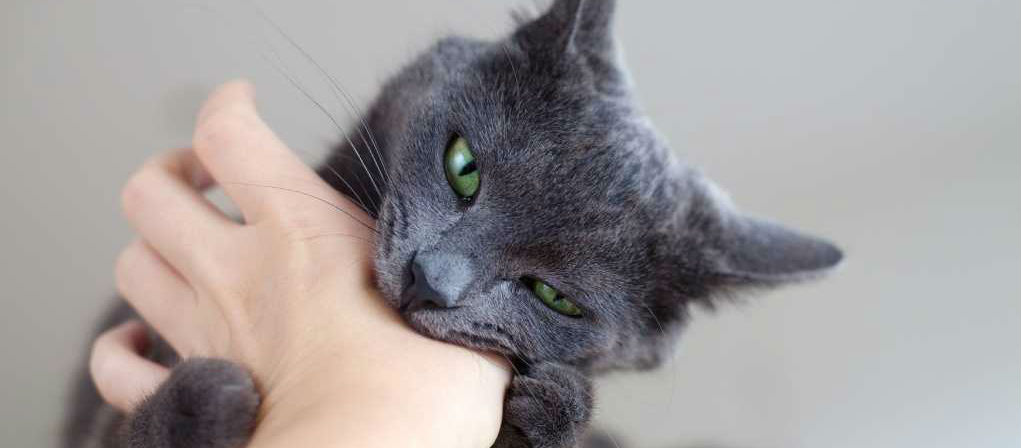Why does my cat meow and yowl at night and how can I get it to stop?
Original Question: A lady I know has a cat that yowls and she said this went on until 5 o'clock in the morning. Does a Feliway diffuser work? I have a 20-year-old cat that started to yowl during the night about a year ago. She doesn't do it during the day and it is mostly in the early morning. I also live in a condo. I am interested to know what causes this. Do you think it has anything to do with age? Or is there some other explanation? I would like to know if you can shed any light on this. Many thanks. - Pat
 Mar 5, 2018
Mar 5, 2018
Hi Pat,
At this point, there are only assumptions as to why they do this. We have to remember that these pets are still animals and that they have a lot of evolutionary and naturalistic behaviors left in their system even though they have been ‘domesticated’.
Here are some of the reasons why they yowl:
1. To inform you of something (outdoor cats will do this when they bring a dead mouse home; my indoor cats will do this when they find a mouse toy on the floor)
2. Senility
3. Anxiety, loneliness
4. Age-related loss of senses (vision declining; hearing declining etc)
5. Disease (such as hyperthyroidism or any other illness that can stress them out)
The behavior can start as one of these things originally, but then continue on even though the inciting cause has resolved. I start treating it first with something non-medical. This can be a feliway diffuser which you plug into an electrical socket and it has a pheromone that it heats up and aerosolizes in your home. It has a calming effect on cats and it will often work. If the behavior is well ingrained and does not respond to this, some clients will perform a trial of anti-anxiety medication. I like to use anti-anxiety medications, but your vet may like something different. They don’t have to stay on this type of medication forever, but using it for 1-3 months may solve the behavior beyond that.
Hopefully this advice helps!
Dr. Clayton Greenway
Disclaimer: healthcareforpets.com and its team of veterinarians and clinicians do not endorse any products, services, or recommended advice. All advice presented by our veterinarians, clinicians, tools, resources, etc is not meant to replace a regular physical exam and consultation with your primary veterinarian or other clinicians. We always encourage you to seek medical advice from your regular veterinarian.

